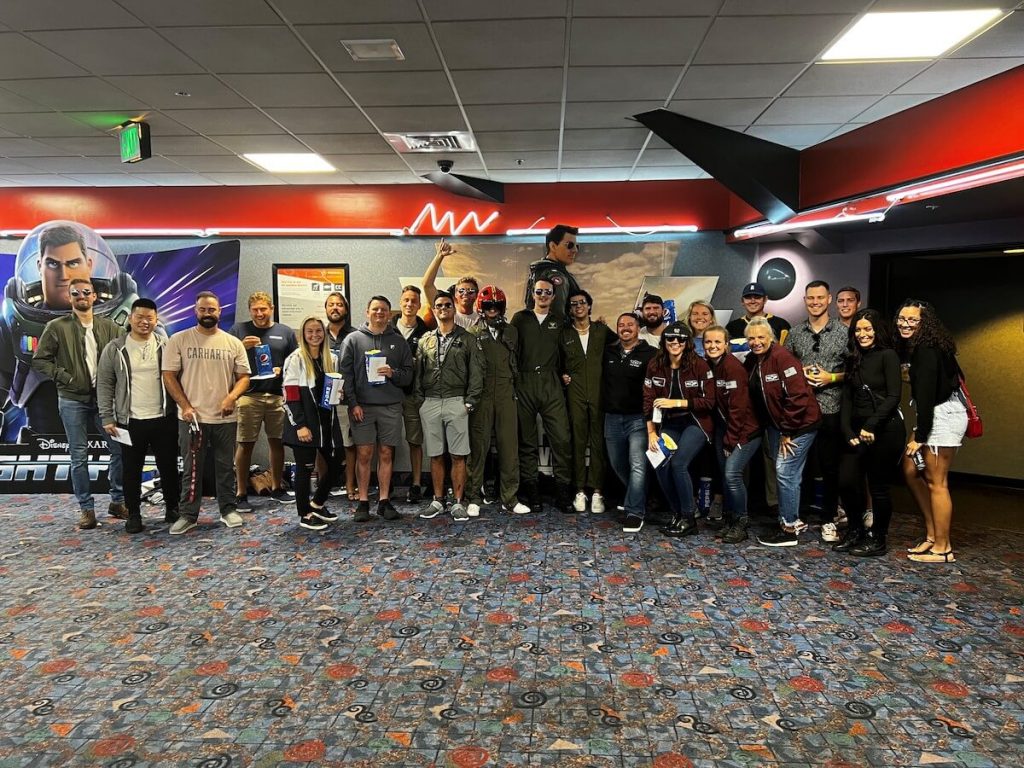Aviation Industry Loosens College Degree Requirements

Trend report: the sky is the limit for non-degreed pilots, too
Recent news reports have noted that behemoth employers like Google, IBM, Walmart and state governments are relaxing or eliminating requirements for a college degree for many positions. Interestingly, Delta Airlines – the gold standard in commercial aviation – was among the early adopters of this degree-less approach to boosting employment during the prolonged labor shortage.
This shift is particularly interesting to me because our own pool of flight training candidates is changing – likely a reflection of the broader trend. Historically, we as an industry have drawn the majority of our training base from the military or four-year degree colleges and universities with an aviation program. While we continue to pull from these categories, we are also seeing more future commercial pilots with no degree or military background, emboldened to begin their careers at trade schools and non-degree granting institutions like Paragon on a much larger scale than ever before. This all comes at a time when both large and regional airlines and logistics companies are paying top dollar.
It’s not just salaries that are high. Unprecedented signing bonuses, upwards of $100,000, are now being routinely offered, even among the regional airlines. Retention bonuses are also being used as carrots for longer-term employment. Just this week, Delta presented a new contract for pilots which proposes a 34% pay increase over three years. I’m not sure these measures are sustainable long-term financial practices, but it seems that until the pilot shortage is fully addressed, those seeking to become pilots in the next several years are entering an extremely lucrative field. I believe we are currently living in a point in time that future generations of pilots will call ‘the second golden age of aviation’ and I say, “Let the good times roll!”
There’s no such thing as a sure thing, though, right? It’s possible that the now-relaxed degree requirements (which at least for Delta, still say “degree preferred”) will be reinstated once the industry has normalized. Still, with online learning so prevalent, the potential that a degree will be required again should not be a barrier to starting one’s aviation career now. With accelerated programs for qualified candidates, it’s possible to earn a commercial pilot license in 12 to 14 months and then, after the requisite 1,000 hours of additional flight time, join the ranks of highly compensated commercial pilots. A traditional degree can also be earned during that time or after one’s professional flying career has begun. In the meantime, the pilot can be well on the way to purchasing a home or making other investments rather than spending time on campus and potentially incurring more than $100,000 in tuition costs over the course of four years.
I wanted to end with one last point regarding degrees. In our experience, there is no correlation in skill level between pilots with college degrees and those without them. While the outstanding pilot may have a college degree – and we know many who do – intangibles like critical thinking, maturity, and quick and confident decision-making, combined with flight acumen, are the hallmark of an exceptional pilot.
Have I piqued your interest on careers in commercial aviation? If so, you can check us out here. In today’s environment of fierce competition, there’s never been a better time to become a pilot.

Learning to fly into a lucrative career, Paragon Flight students enjoyed a PFT-hosted student/instructor event a few months back to see the new Top Gun movie.
